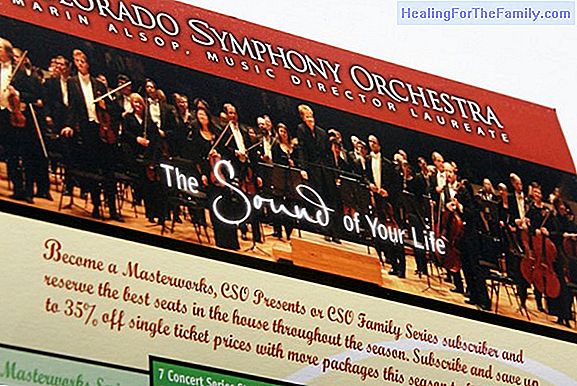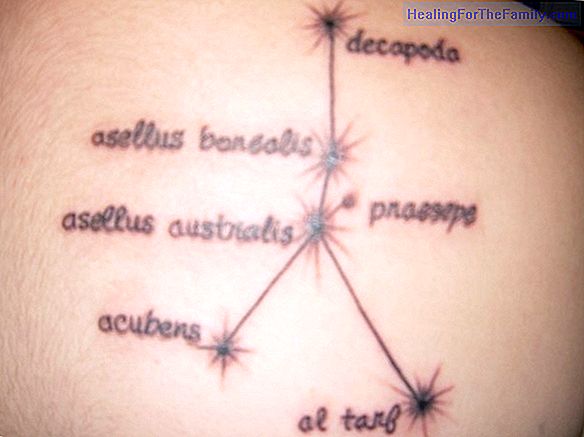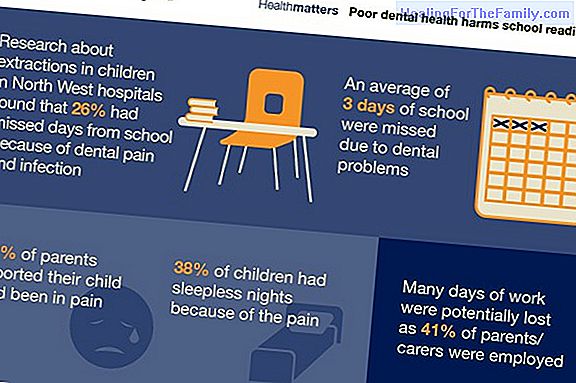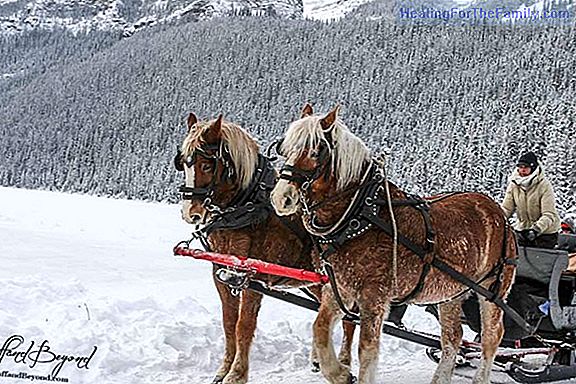Tips for traveling to Florence as a family
Monuments and works of art populate the beautiful city of Florence, a very appealing destination for families with children who see in the 'italian style' a fun and endearing way to spend a good holiday. Plan your trip with children to Florence depending on the time you are going to make when travel
Monuments and works of art populate the beautiful city of Florence, a very appealing destination for families with children who see in the 'italian style' a fun and endearing way to spend a good holiday.
Plan your trip with children to Florence depending on the time you are going to make when traveling, holidays in Italy, their schedules and their customs. Check in this guide the documentation you will need for your trip and the emergency telephone number.
Tips before traveling to Florence
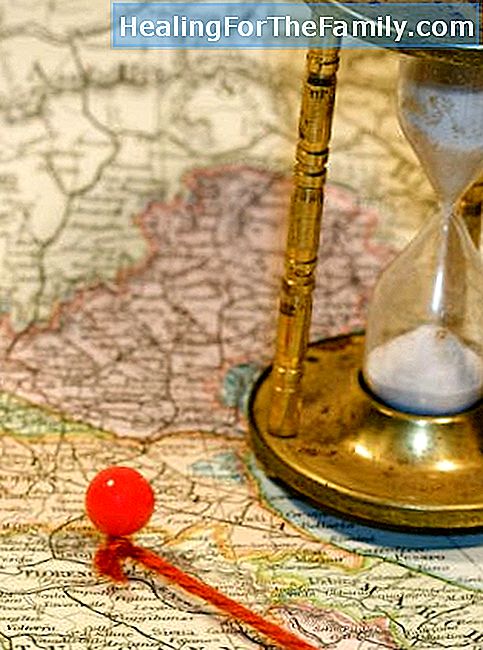
Climate
Florence's climate is continental temperate, with cold, wet winters but dry, hot summers.
Spring and autumn are usually the best times of the year to go to Florence because of its mild temperature, however, the largest influx of tourists occurs during the summer when temperatures are high but bearable. During the hottest days of the year, in July or August, it can exceed 35ºC.
What to bring in your suitcase to Florence
Traveling with children to Florence requires, first of all, planning according to the time you are going to do. If it is summer, you will need little light clothing, but it is always good to bring a sweater or jacket in case it refreshes at night, especially for children.
Comfortable footwear is a must. Florence is a city to walk, so prepare your feet for it.
The umbrella or the raincoats are also an ally of tourists in Italy. It is very likely that in summer you do not need them, but the rest of the year, there will be a good chance that it will rain even if it is not enough.
Florence business hours
Most shops open from 9:00 a.m. to 1:30 p.m. and from 4:00 p.m. to 7:30 p.m., Monday to Saturday. Although the shopping centers and some stores do not close at noon. Some shops rest on Monday morning, but in the most tourist areas they even open on Sundays.
The restaurants in Florence are open practically all day, so you will not have problems or eating at odd hours.
Museums usually rest on Mondays. The rest of the week they open approximately from 09:00 to 18:00 hours.
The currency of Italy
Italy belongs to the European Union and its legal currency is the euro (€), the European currency.
One euro consists of 100 cents and the existing currencies are: 1 cent, 2 cents, 5 cents, 10 cents, 20 cents, 50 cents, 1 euro and 2 euros.
As for the euro banknotes, there are: 5 euros, 10 euros, 20 euros, 50 euros, 100 euros, 200 euros and 500 euros.
If you do not want to carry a lot of money, you can pay by credit card (Visa, MasterCard ...) in almost all establishments or withdraw money at any ATM.
If you need to exchange currency you can do it in the banks of Florence, as well as in the multiple establishments destined to currency exchanges.
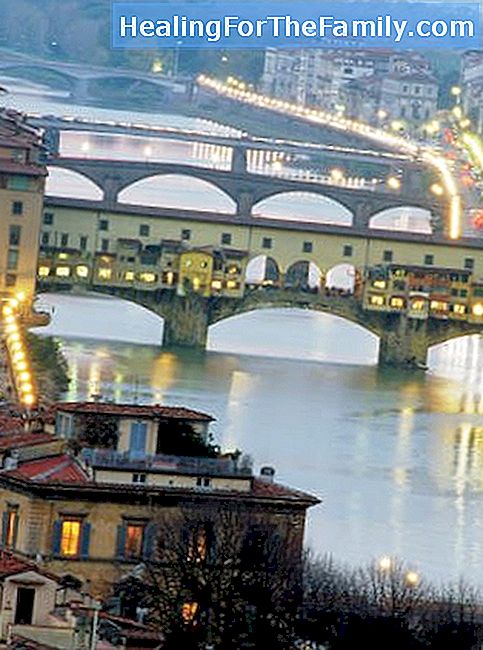
Language of Italy
Italian is the official language of Italy. It is a Latin language and has a lot of similarity with Spanish, so it will not be very difficult for you to communicate with an Italian if both of you are interested.
Being a very tourist city you can also understand yourself speaking in English.
Plugs and electricity in Italy
The electric current in Italy is 220 volts, as in most of Europe. As for the plugs, the ones used are the same as those used in Spain: two rounded pegs.
Medical assistance and Police
Health care in Italy is free for citizens of the European Union who carry their European health card.
If you are a non-EU citizen, it is advisable to inquire about the different travel insurance options, before starting the holidays. Traveling with children is an adventure and it is better to be cautious.
For medical emergencies you can call 112, which is the European emergency number, or 118, the number of medical emergencies for Italy.
Documentation and visas to travel to Italy
Travelers residing in the European Union only need a valid DNI to travel to Italy.
Non-EU travelers, however, will need a passport and, depending on their country of origin, also a visa. If this is your case, check with the Italian embassy of your country if you need a visa and how to apply for it.
Holidays
• New Year: January 1.
• Epiphany: January 6.
• Easter: (variable date).
• Easter Monday: first Monday after Easter.
• Liberation Day: April 25. Celebration of the end of Nazism.
• Labor Day: May 1st.
• Feast of the Italian Republic: June 2.
• San Giovanni: June 24. Day in honor of the patron saint of Florence.
• Day of the Assumption: August 15.
• Feast of All Saints: November 1.
• Immaculate Conception: December 8.
• Christmas: December 25th.
• San Esteban: December 26th.




